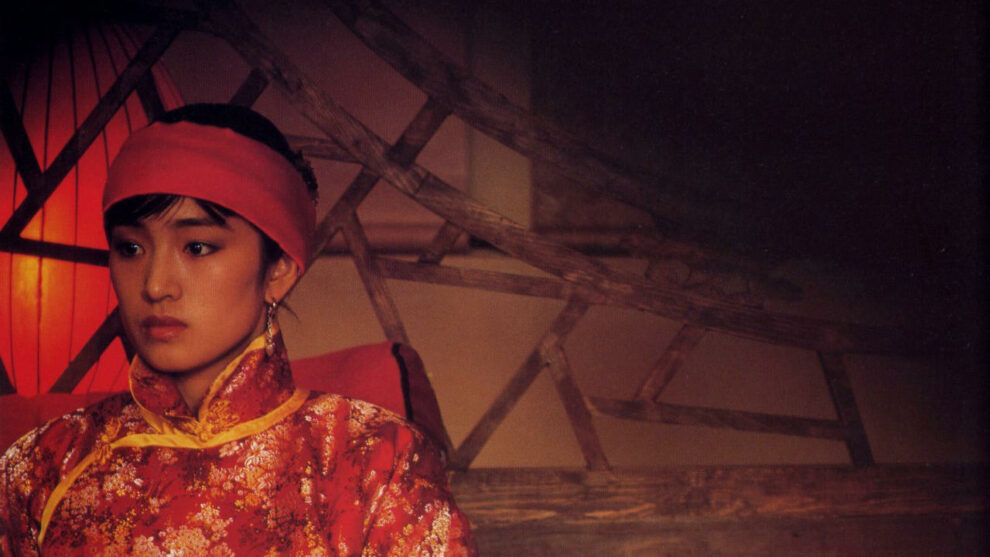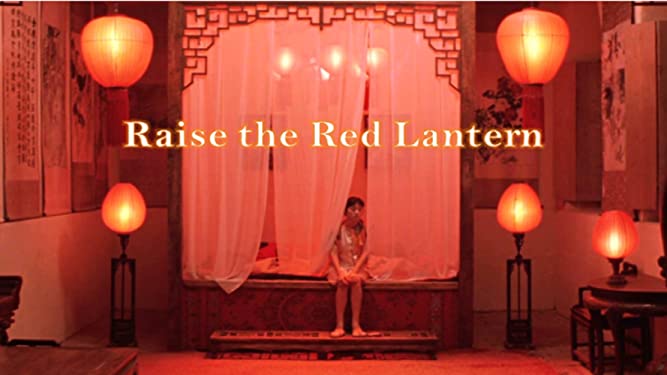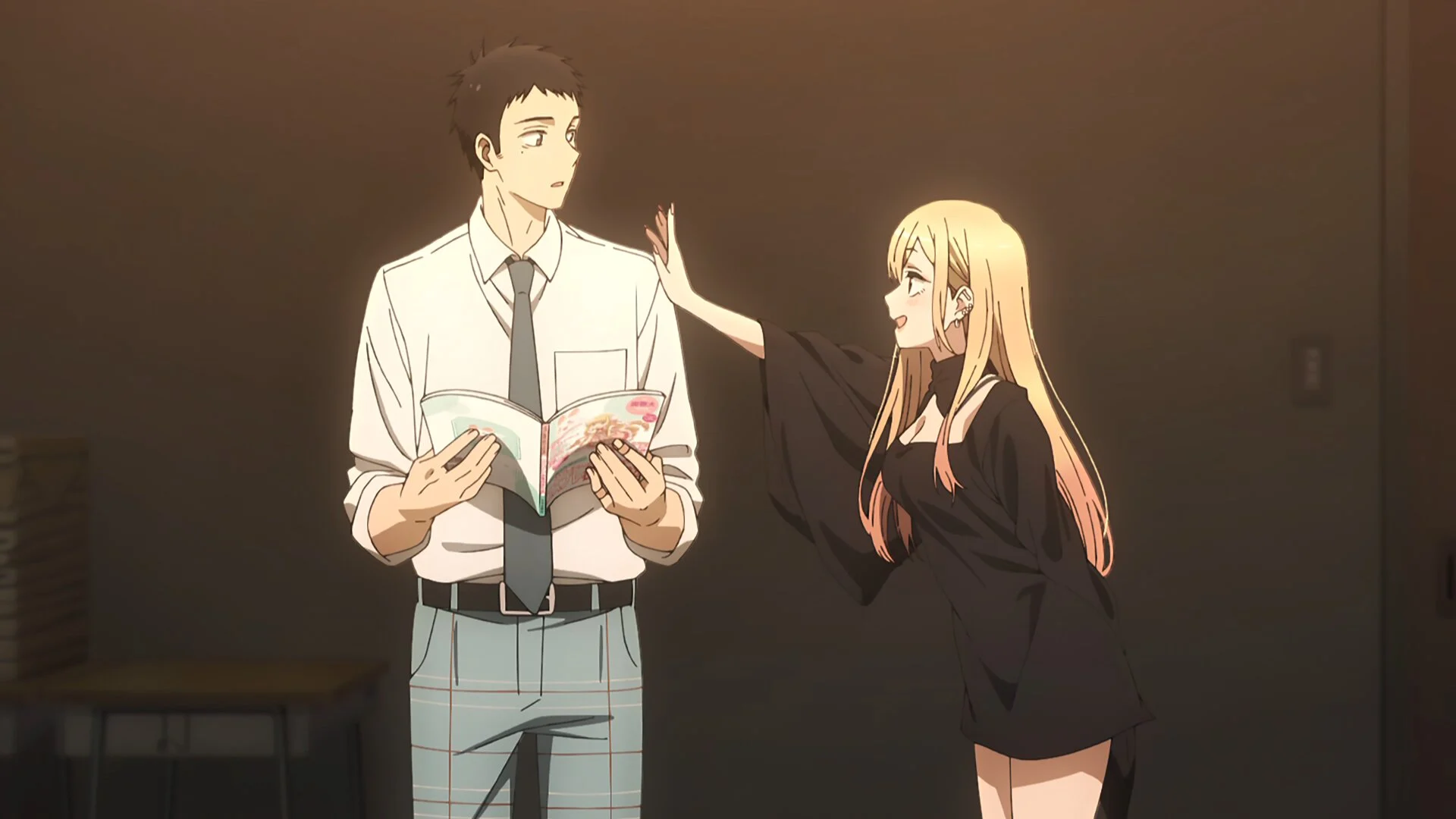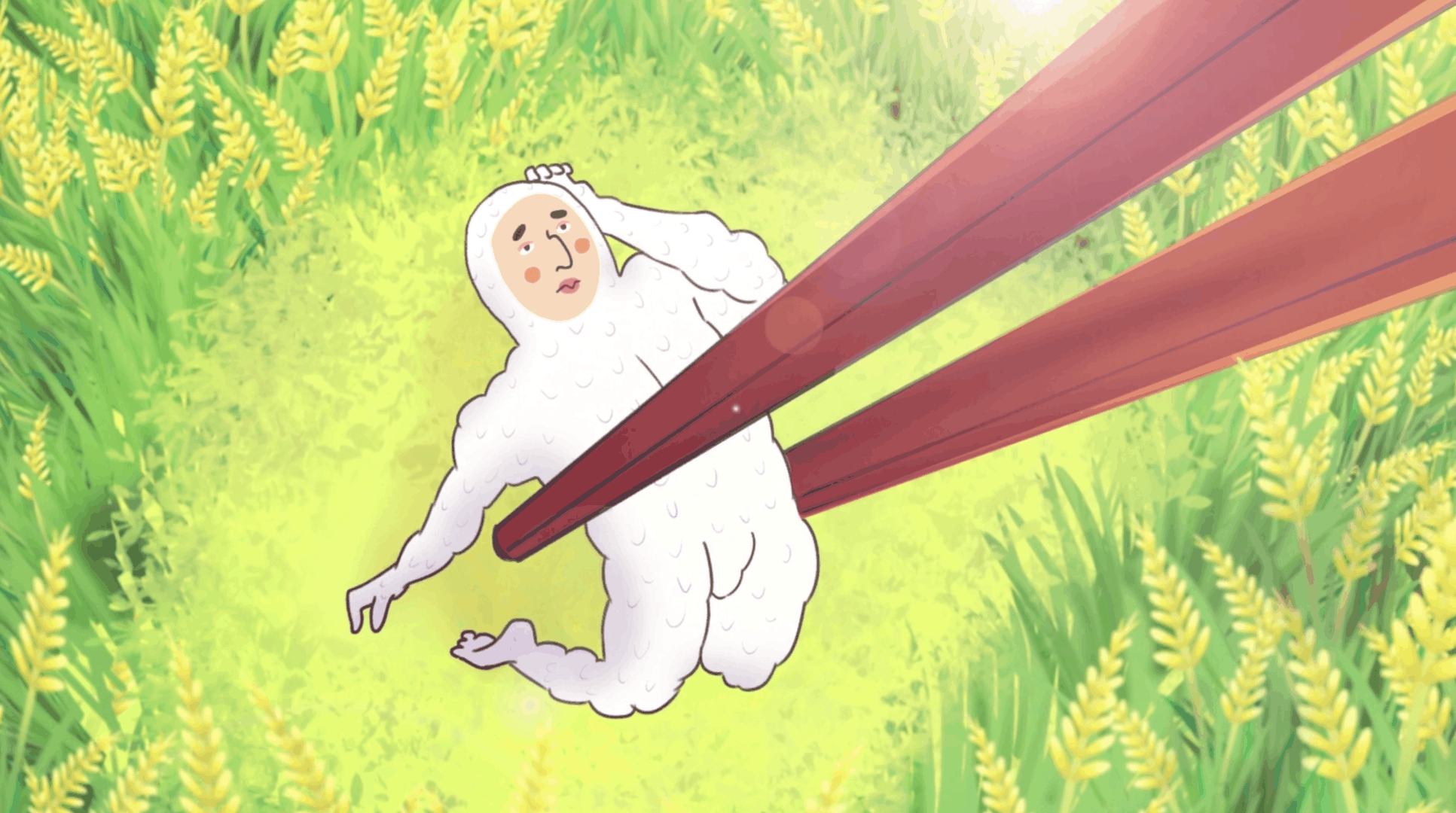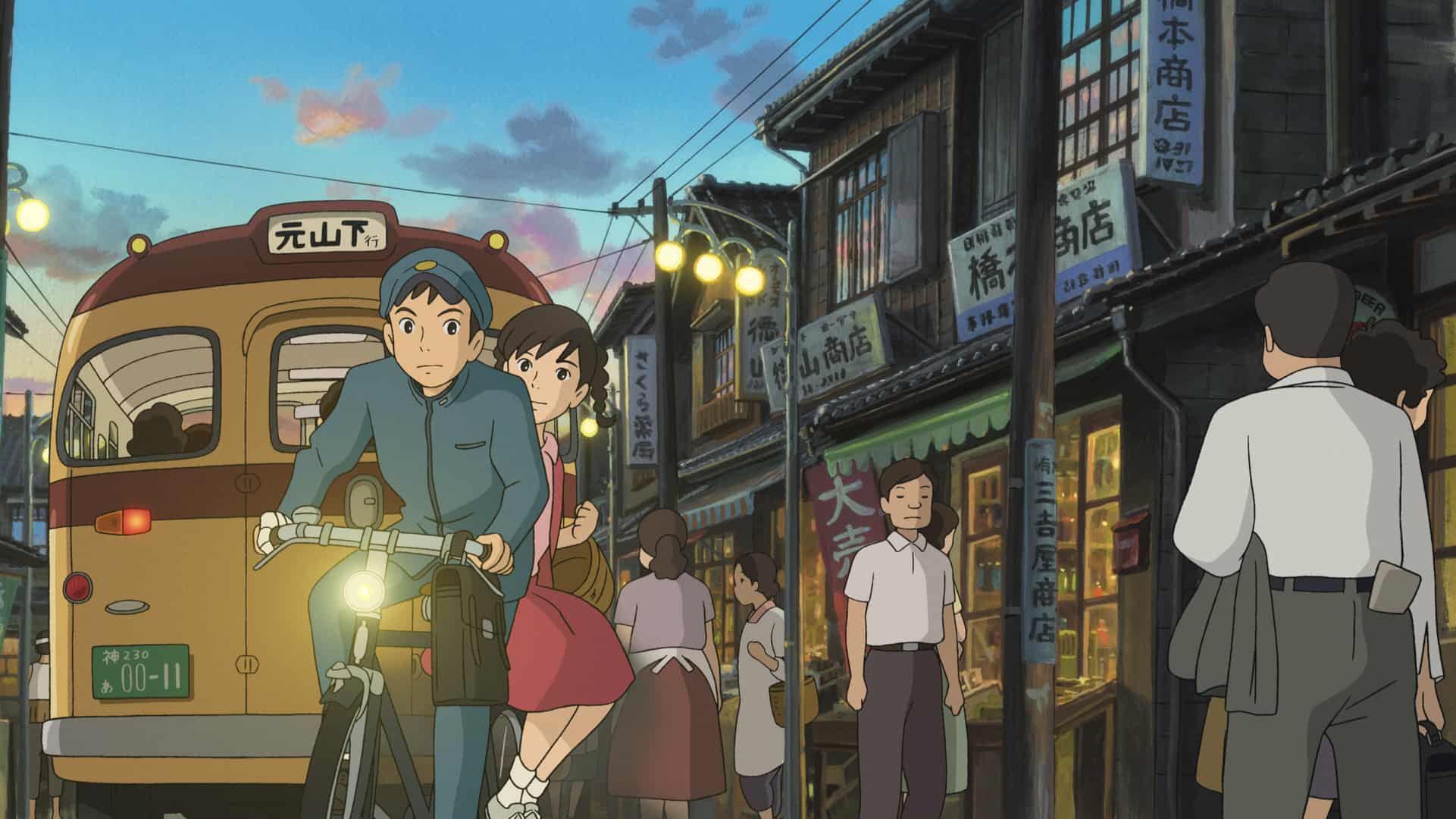Often, cinema forces audiences to confront harsh realities, even if they seem like accepted elements of a specific culture. Zhang Yimou is no stranger to showing the beautiful qualities of China, yet is not afraid to address the darker sides of his country, such as the history, political corruption, or elements of culture. Nowadays, the director is internationally recognized for his martial arts features such as “Hero,” “House of Flying Daggers,” and “Shadow.” Yet, his directorial career began primarily directing personal dramas that followed women in their struggles against oppression and strict cultural expectations. One of Yimou's most confrontational films is his haunting masterpiece “Raise the Red Lantern.”
The movie is based on the novella of the same name written by Su Tong. Another recognized title for the story is “Wives and Concubine.” Writing the screenplay is Ni Zhen', and starring in the film is Gong Li, in what would be her fourth collaboration with director Zhang Yimou. “Raise the Red Lantern” would be met with critical acclaim and would be a major hit with international audiences. However, it was banned in China for some time because the Chinese government disapproved of the movie's critical examination of authoritarianism.
The story is set in 1920s China during the Warlord Era. Following the death of her father and her family in a state of bankruptcy, a 19-year-old young woman named Songlian is forcefully sold off by her stepmother to be the fourth wife of wealthy lord Chen Zuoqian. Here, she is forced to abide by strict rules, with the trade-off being a royal lifestyle in exchange for a loveless sexual relationship with her oppressive and significantly older husband and living in the enclosing compound. As she interacts with the other concubines, tensions rise as a struggle in the hierarchy within the corrupt household pits the women against each other, eventually leading to tragedy.
Check also this list
What makes “Raise the Red Lantern” such a great film is its engaging narrative and themes that give the feature even more dimensions. Right from opening, Zhang Yimou reels viewers into a haunting downward spiral that only becomes more heartbreaking as it progresses. In addition, he presents a raw look at serious issues within the story, such as authoritarianism, social hierarchies, gender and class inequality, oppression, loss of independence, and sexual slavery. All these elements are further emphasized by the demoralization and psychological effects of living in the Chen household takes on the characters, particularly the movie's tragic lead, Songlian, who goes from being a young, ambitious woman with an education to a sexual servant confined within a corrupted household. She loses everything and will do anything to escape the oppressive authority, sadly becoming demoralized as the plot progresses. These elements make for a sad, engaging, and dramatically effective viewing experience that will surely immerse audiences while also thinking about the social issues the movie addresses.
The acting in “Raise the Red Lantern” is astonishing. As Songlian, Gong Li shines in what may be her finest performance. Her downward spiral in the Chen household is heartbreaking, as is her deteriorating morality and sanity. The other three concubines, Meishan, Zhuoyan, and Yuru, are well-performed, with He Saifei, Cao Cuifen, and Jin Shuyuan delivering strong work here. Kong Lin excels in her tragic role as Yan'er, who desperately wishes for some sense of happiness and unfortunately becomes the target of Songlian's negative deflection. Even without his face being fully visible, Ma Jingwu brings an uncomfortable foreboding presence to the part of Master Chen.
Visuals play just as prominent a part in “Raise the Red Lantern” as the characters within the story. There is exceptional art direction, including outstanding lighting, costume design, and set pieces. The cinematography by Zhao Fei is beautiful, and the use of color greatly adds to the beauty of the images here. There is also a great emphasis on visual storytelling; some of the movie's most powerful moments don't even have dialogue but still speak volumes. Zhao Jiping's transcendent music score is also a highlight.
In addition to all this, how the locale is incorporated into the narrative is essential to the movie's themes. Despite being visually captivating, the Chen mansion is presented not as a luxurious household for the concubines but rather more akin to an elaborately decorated prison that feels cut off from the rest of the world. Furthermore, the colors greatly emphasize the emotions which the characters are experiencing. For example, red symbolizes a preconceived idea of happiness and joy and highlights the main character's new imprisoned life with no escape, despite how hard she tries. Other colors, such as white and blue, emphasize despair and hopelessness.
“Raise the Red Lantern” is an emotionally immersive film that is brilliantly acted and visually breathtaking. Zhang Yimou does not hold back any punches in presenting the movie's dark subtext. Corrupt authority and oppressive traditions take a toll on those imprisoned under inhumane principles. Furthermore, the prisoners' desires to rise in a demoralized hierarchal environment can further pit individuals against one another. Unfortunately, this can result in tragedy.


